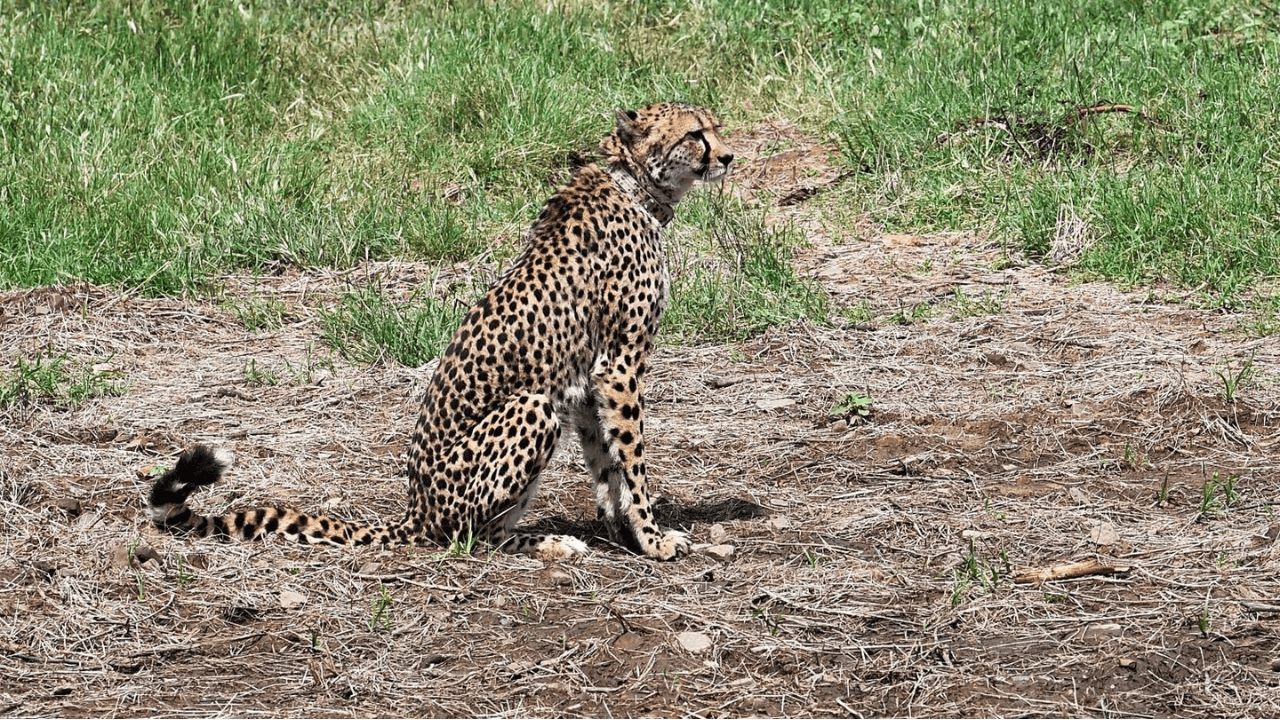The recent demise of Dhatri (Tbilisi), a female cheetah at Kuno National Park in Madhya Pradesh, has brought attention to the welfare of cheetahs in the region. With a total of nine deaths, including six adult cheetahs relocated from Namibia and South Africa, along with three cubs born in India, since March this year, park authorities are taking swift action to investigate the cause of these fatalities.
Immediate Action Taken
In response to this unfortunate event, park authorities immediately returned all the cheetahs (excluding two females) to their enclosures for thorough examination and medical treatment. A specialist veterinarian from South Africa was called in to address the injuries and provide Fluralaner, a systemic insecticide and acaricide, to manage the health of the remaining cheetahs.
Expert Concerns
Experts involved in the cheetah reintroduction project have raised concerns about external factors that may have contributed to the cheetah deaths. Heavy rainfall, extreme heat, and humidity have been identified as potential factors, with the radio collars on the cheetahs’ necks possibly exacerbating the situation.
Tragic Chain of Cheetah Deaths
The chain of cheetah deaths began with Sasha, a Namibian cheetah, who passed away due to kidney complications possibly acquired during captivity. Subsequently, another cheetah named Uday fell ill and died, followed by Daksha, a female cheetah from South Africa, who died after a “violent interaction” with male cheetahs during mating. Tragically, three out of four cubs born to a female Namibian cheetah also lost their lives. The deaths of two male cheetahs, Tajas and Suraj, were attributed to multiple organ failure, with speculation that the radio collars may have caused infections.
Project Cheetah: Reintroducing the Majestic Species
Under Project Cheetah, Kuno National Park is dedicated to reintroducing the cheetah species to the region. To achieve this goal, a total of 20 cheetahs were brought from Namibia and South Africa in two batches. Currently, 14 cheetahs, including seven males, six females, and a female cub, reside in the park, closely monitored by a team of Kuno wildlife veterinarians and an expert from Namibia to ensure their well-being.
Conclusion
The recent chain of cheetah deaths at Kuno National Park has raised concerns among experts and wildlife enthusiasts. Investigations are underway to determine the cause of these fatalities, highlighting the need to prioritize the safety and health of the remaining cheetah population. As Project Cheetah strives to reintroduce these majestic creatures to the region, extra efforts must be made to mitigate potential risks and secure the future of cheetahs in India.
- 3 August Current Affairs 2023 in English
- MoU Between Subroto Mukerjee Sports and Education Society and All India Football Federation (AIFF) to Promote Football at Grassroot Level
- Dr. Mansukh Mandaviya Delivers Keynote Address at the 13th Indian Organ Donation Day ceremony
- Education Ministry Forms Expert Panel on Anti-Discrimination in Higher Education
- Concerns Arise Over Cheetah Deaths at Kuno National Park
